Product Classification
The classification of ribbed conveyor belts can be based on various factors such as the shape and size of the ribs, the material used in construction, and the intended application. Some common types of ribbed conveyor belts include: chevron ribbed conveyor belts, wide ribbed conveyor belts, steel cord ribbed conveyor belts, fabric ribbed conveyor belts, etc.
Product Structure
Ribs: These are the raised ridges or grooves that run along the surface of the belt, providing grip and preventing slippage.
Cover layer: This is the outermost layer of the belt that comes into contact with the transported material.
Carcass: This is the foundation of the belt and is made up of multiple layers of fabric or other materials that provide strength and stability.
Product Features
The ribbed conveyor belt has the advantages of high strength, low elongation, abrasion resistance, small resistance, bond resistance, long useful life, etc.
Product Use
Ribbed conveyor belt is used in the following fields: quarries, cement plants, agriculture, mining, coal, coke, etc.
Executive Standard
RMA (RMAⅠ, RMAⅡ)
GB7984-87
AS1332 (M24, N17)
DIN22102 (DINW, DINX, DINY, DINZ, DINK)
SANS 1173 (A, C, M, N)
Main Technical Parameters
Technical Parameter | Definition | Range/Value |
Width | Distance across the belt from edge to edge | 100 mm - 2400 mm |
Length | Total length of the belt | Customizable based on application requirements |
Pitch | Distance between adjacent ribs on the belt | 3 mm - 50 mm |
Rib Height | Height of the ribs above the base of the belt | 2 mm - 25 mm |
Belt Thickness | Thickness of the belt material | 1 mm - 10 mm |
Tensile Strength | Maximum force the belt can withstand without breaking | Depending on belt type |
Operating Temperature Range | Minimum and maximum temperatures at which the belt can operate | -20°C to +120°C (standard), up to +200°C for high-temperature applications |
Surface Material | Material used to cover the belt surface, affecting friction and wear resistance | According to customers’ requirements |
Backing Material | Material used to reinforce and support the belt | Fabric, steel cord, etc. |
Rib Shape | Shape of the ribs, which can vary depending on the specific application | V-shaped, U-shaped, square-shaped, etc. |
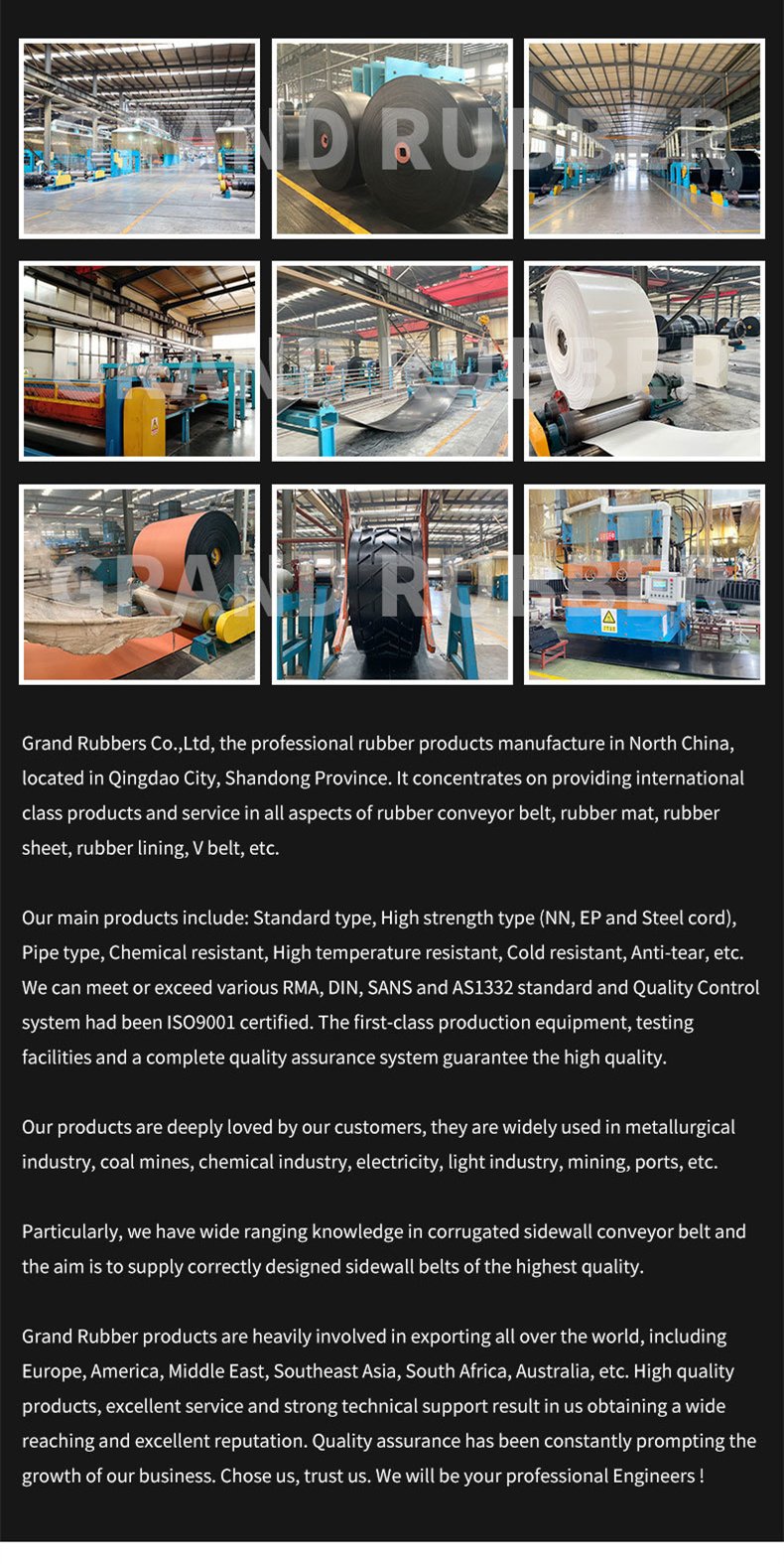
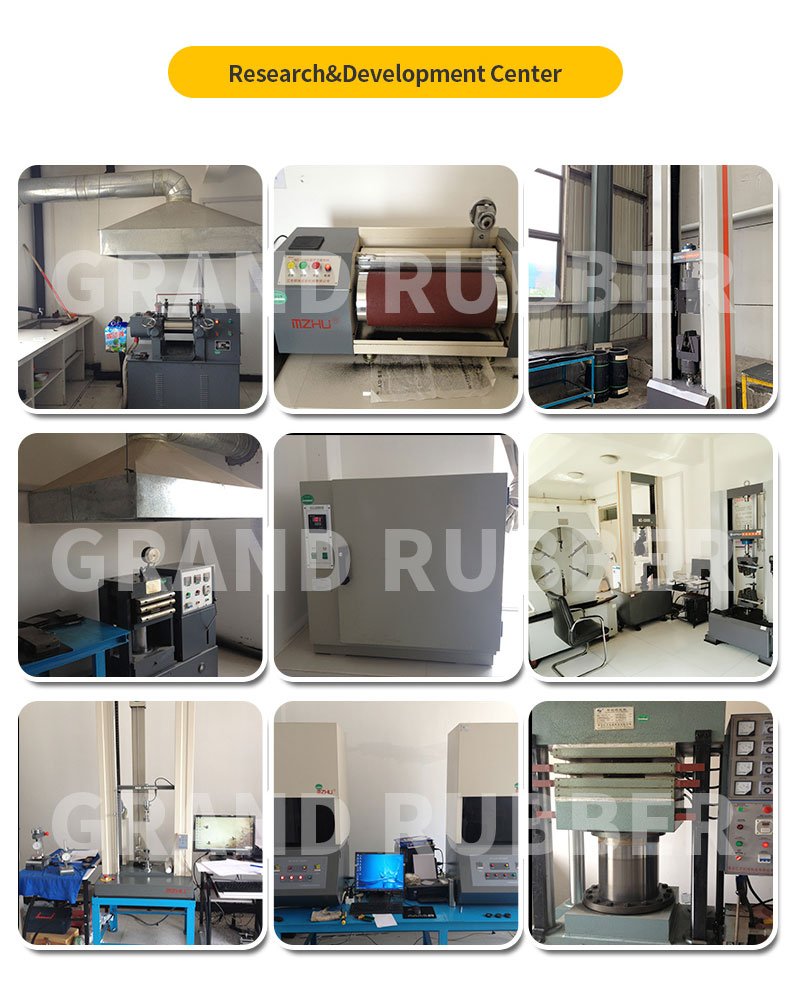
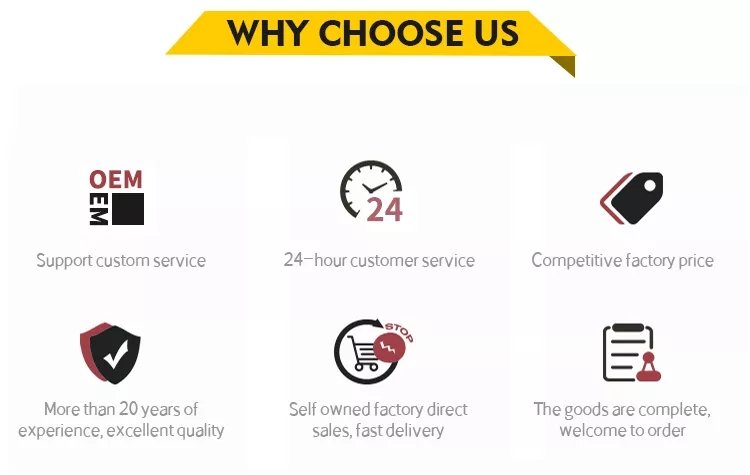
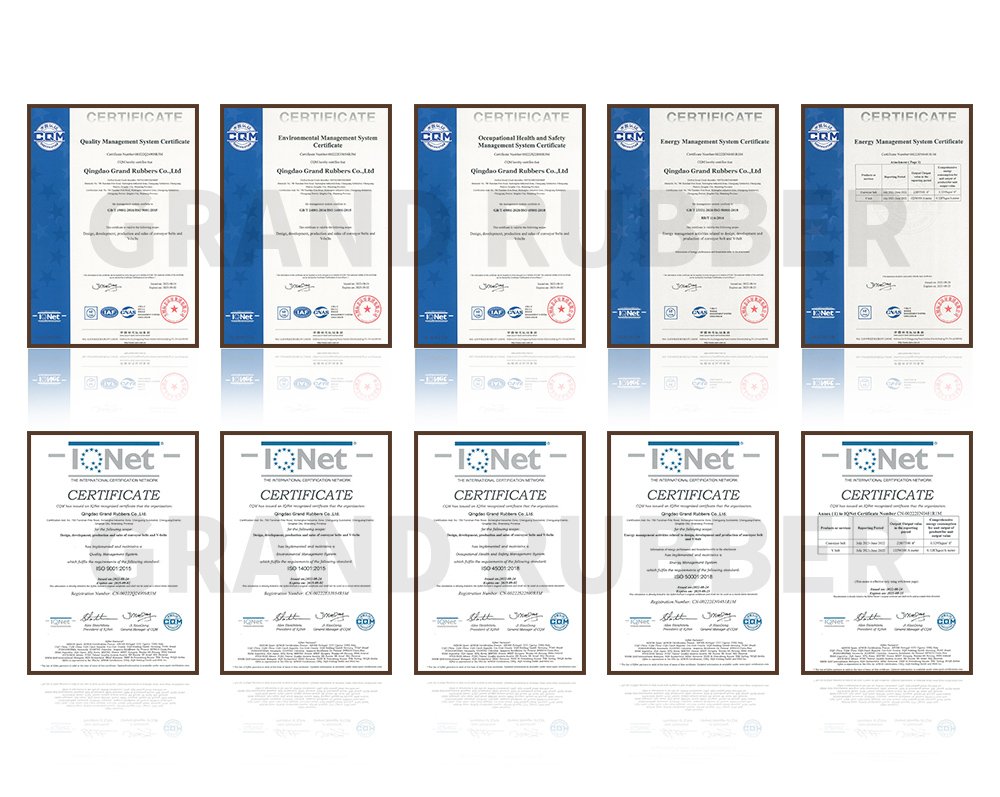
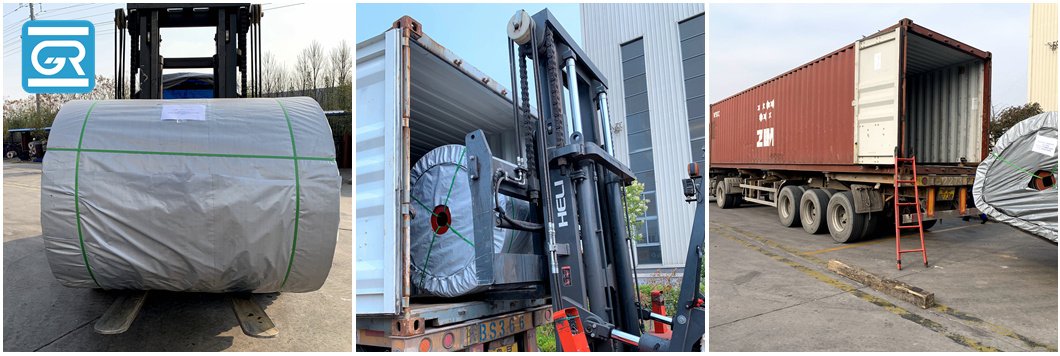
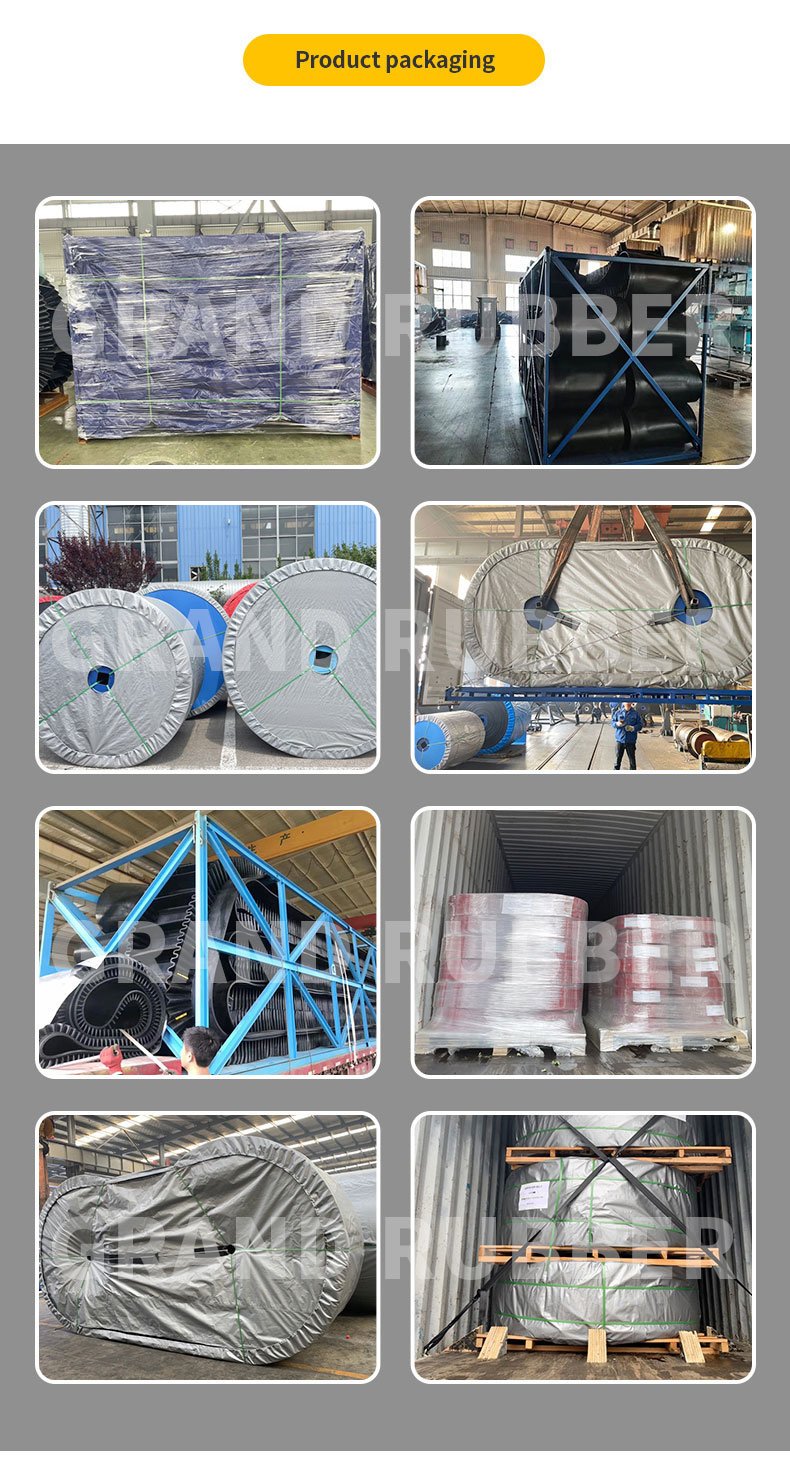
FAQ
Q1. How about your experience?
We have mainly produced rubber conveyor belts for over 20 years.
Q2. What are your main products?
Multi-ply fabric conveyor belt(EP/NN type), steel cord conveyor belt, chevron conveyor belt, sidewall belt, white conveyor belt, bucket elevator belt, filter belt, and special conveyor belts with the characteristics of heat resistant, cold resistant, oil resistant, flame retardant, abrasion resistant, etc.
Q3. What about the lead time?
1) 3--5 days for sample.
2) 20--25 days for mass production. If urgent, we have the green channel.
Q4. Can you send free samples?
Yes, we provide samples for free after inquiry.
Q5. How about the package?
Standard export packing method, your special requirement will be respected.
Q6. What are your Payment terms?
T/T or L/C.
Q7. Can you do door-to-door?
No problem.
Q8. How do you ensure your product quality?
Our quality control system had been ISO9001 certified. The first-class production equipment, testing facilities, and a complete quality assurance system guarantee high quality.
Q9. What is your major market?
Our products are heavily involved in exporting all over the world, including Europe, America, the Middle East, Southeast Asia, South Africa, Australia, etc.
Q10. What you can do to support me better?
We can provide products that meet quality standards, timely delivery, transportation packaging requirements, and customers' other special requirements.












